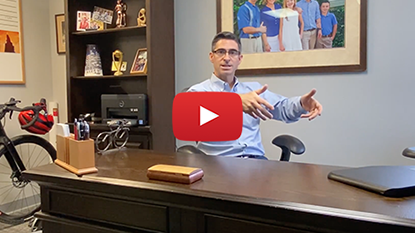At the completion of this seminar, the participant will be able to:
- Correctly describe the normal and abnormal biomechanics of the vertebrae in the upper cervical spine (OA, AA), lower cervical Spine (C2-7), thoracic spine (T1-I2) and ribs
- Confidently describe 5 specific spinal and rib anatomical structures
- Correctly describe the neurophysiological mechanism behind muscle energy technique (MET)
- Correctly and confidently identify 3 key components necessary to administer proper MET
- Through the discussion of relevant evidence based research, support the use of METs/mobilization and manipulations to the cervical and thoracic spine and ribs for specific diagnoses
- Through the use of 3 varying case studies, correctly demonstrate a systematic approach for the treatment progression through the cervical and thoracic spine and rib complex
- Demonstrate the appropriate force direction for 5 specific MET/mobilization and manipulations


